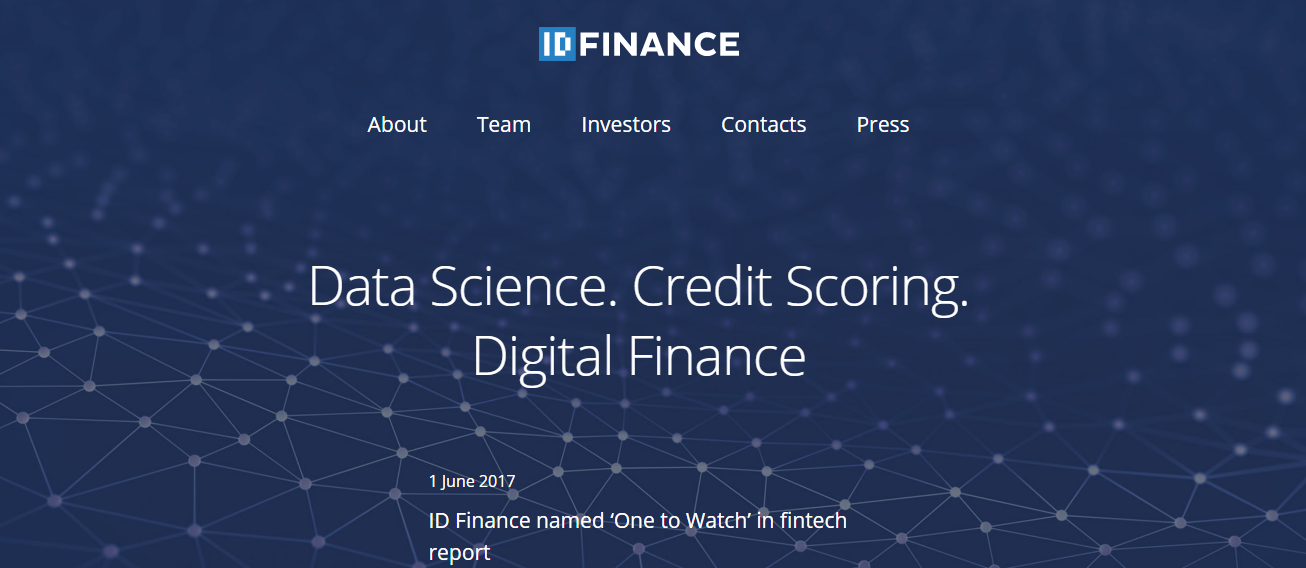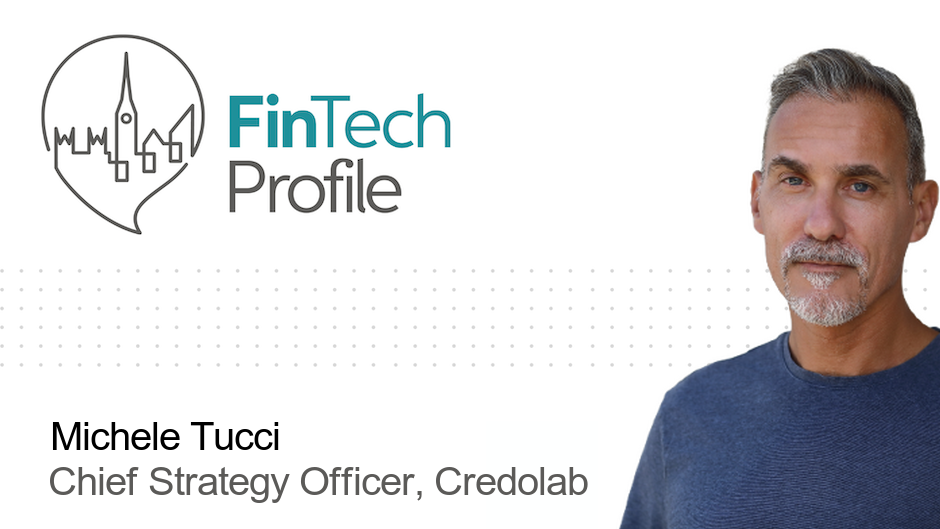ID Finance


This week’s profile is with Boris Batine, the Co-founder of ID Finance; a data science, credit scoring and digital finance company that is pioneering fintech innovation in emerging markets.
Over to Boris with his responses to our questions (in bold).
—–
 Who are you and what’s your background?
Who are you and what’s your background?
I’m Boris Batine, Co-Founder and CEO of ID Finance. My background is banking and finance and before ID Finance I worked within debt capital markets in London and Moscow for Deutsche Bank, Renaissance Capital and RBS.
I met my Co-Founder Alexander Dunaev when we were both working at Deutsche Bank. As the financial crisis unfolded in 2008 we met to discuss what we saw as the rise of fintech and the increasing availability of financial software and data. Witnessing the rise of disruptive companies in Europe and the US we saw an opportunity in markets overlooked by the big banks such as Russia, Georgia and Kazakhstan.
What is your job title and what are your general responsibilities?
I am the CEO at ID Finance and lead marketing and client acquisition, finance and funding. I oversee business development and the overall strategy for the business in partnership with my COO.
Can you give us an overview of your business?
ID Finance is a data science, credit scoring and digital finance company that is servicing the massive structural consumer demand for credit unmet by incumbents in emerging markets. We are currently serving consumers in Russia, Brazil, Kazakhstan, Spain, Georgia and Poland.
We provide loans to credit worthy consumers that have, for whatever reason, been cut off from the traditional banking system. We use machine learning and data science for our credit scoring which allows us to look beyond traditional credit scoring parameters and explore richer data sets of several thousand data points in real time. Our technology allows us to determine customers’ loan eligibility as well as their credit and trustworthiness. We are currently issuing over 50k loans each month.
Having started the business in Russia and with limited access to venture capital, we focused on operational excellence from the outset. We’ve built our entire technology stack in-house, giving us full control of our IT and enabling us to move quickly and operate highly efficiently. We built digital finance infrastructure in six countries in less than five years.
Our range of products covers online consumer loans, long-term online installment loans and automated online POS-loans.
Tell us how you are funded.
We have raised $60M to date. This includes $50M of debt finance which we announced in February. This was led by Russian bank TransKapitaBank. We’ve raised much less than other online lenders but this hasn’t prevented us from growing very quickly – we now have 380 employees and are on track to do revenue of $130m this year.
Why did you start the company? To solve what problems?
According to McKinsey, there are two billion individuals that are unbanked. And there are many more in emerging markets that are regularly denied loans or charged uncompetitive rates. This creates significant challenges for consumers and is a major barrier to progress – McKinsey believes emerging markets could boost their economies by $3.7tn by fully embracing the potential of digital finance.
The growth of mobile and increasing availability of alternative data sources presents an opportunity to address the massive structural consumer demand for credit unmet by incumbents.
Our credit scoring technology employs machine learning to analyse several thousand data points in real time. Consumers can apply for a loan via the website or app, it takes a couple of minutes for them to provide the required information then our system automatically collects and analyses data from up to a dozen third party sources and processes the loan request within a few seconds.
Our team of data scientists and risk analysts, many of which come from the financial services industry, are constantly evolving and improving the technology – it has one of the best performing risk management systems in the industry. As a result, we can reach profitability within a year of launching into a new market.

Who are your target customers? What’s your revenue model?
Our target customers are those that are unable to quickly and easily access credit despite being able to demonstrate an ability to meet their financial obligations. This includes people that have made mistakes and in the past and have a black mark on their credit history, as well as those that live in rural areas without access to retail banking and those that have moved to a different country and are unable to demonstrate their financial prudence.
We charge a competitive interest rate for our loans which we gradually reduce as customers demonstrate their ability to repay their loans.
If you had a magic wand, what one thing would you change in the banking and/or FinTech sector?
I’d love to see ownership of data move from banks to consumers. This is already starting to happen thanks to new regulation such as PSD2 in Europe.
What is your message for the larger players in the Finance industry?
I would encourage them not to see fintech startups as a threat but as an opportunity. We can collaborate with banks and help them adapt. Ultimately fintech startups will help banks to increase revenue and prevent disruption from technology titans such as Facebook, Apple and Alibaba.
What phone are you carrying and why?
I carry an iPhone because I am a believer in intuitive design and convenience.
Where do you get your industry news from?
I actually spend a lot of time staying on top of industry news and read everything from the Financial Times and Bloomberg to TechCrunch. I also follow a number of inspirational fintech leaders and entrepreneurs on LinkedIn to keep abreast of industry developments.
Can you list 3 people you rate from the FinTech sector that we should be following on Twitter?
Steve McLaughlin from FT Partners covers the global fintech landscape @FTPartners
Oscar Williams-Grut provides excellent coverage of UK fintech – @OscarWGrut
Nathaniel Popper writes about technology and finance for the New York Times – @nathanielpopper
Can you suggest the name of an Angel Investor or VC that might be interested in being profiled?
Emery Capital
What’s the best FinTech product or service you’ve seen recently?
I love Revolut for eliminating hefty payment charges when travelling
Finally, let’s talk predictions. What trends do you think are going to define the next few years in the FinTech sector?
Bank cards will disappear from well developed markets in the next three years to be replaced by smartphones. Smartphones in turn could be surpassed by another payment device you may not even need to hold in your hands.
We will continue to gain more control over our personal data and how it is used by third parties. Over time our credit histories could become a financial passport universally recognised and accepted by all financial services institutions worldwide.
—–
Our thanks to Boris for answering our questions. You can find out more about ID Finance by visiting their website: https://idfinance.com or reach out to them on Twitter or LinkedIn
If you would like to receive email updates whenever we publish, sign up to our Newsletter. You can unsubscribe at any time and we will never use your email for anything else.
If you’ve any suggestions for hot FinTech companies (startup, or established ventures) that we should be profiling, or have an opinion piece to offer, or a FinTech related event you’d like to tell us about, have a look here for more details.




